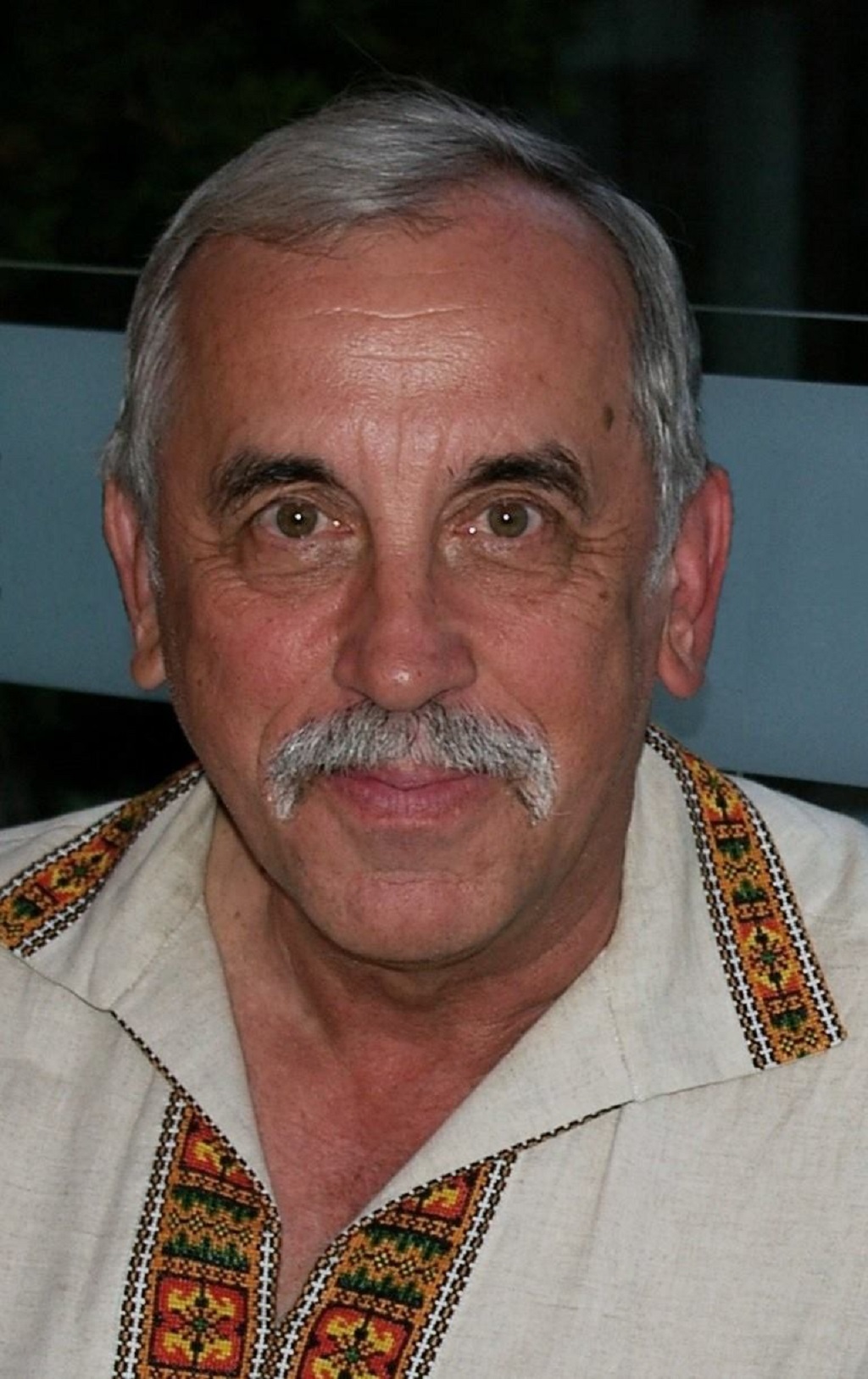Volodymyr Kish.
It seems like almost a lifetime ago when I was young student at the University of Waterloo that I found that there was a course on Ukrainian Literature taught by their department of what was known as “Slavic Studies”. Overestimating my fluency in the Ukrainian language, I decided to enrol.
The course was taught by a venerable looking older lecturer by the name of Professor Shelest. It was rumoured that he was a distant cousin of Petro Shelest, at that time the First Secretary of the Communist Party of Ukraine, but I was never able to confirm that this was true. In any case, it did not take me long to find out that my competency in the Ukrainian language was clearly inadequate in meeting the demands of the readings that were required for this course. Although the course was taught in English and classroom discussions were likewise in English, we were required to read the works of prominent Ukrainian authors in the original language. I realized very quickly that my Grade 6 diploma from Ridna Shkola was not up to the task.
The course was a broad-spectrum overview of Ukrainian literature from its roots in 1798 when Kotliarevsky’s “Eneida” became the first book published in the contemporary Ukrainian language, to the then current works of officially sanctioned Soviet authors. The library at the University of Waterloo had a fairly decent selection of Ukrainian books, and we were assigned readings each week for discussion during our classes. I struggled mightily with my Ukrainian – English dictionary close at hand, and was able to scratch the surface of what I discovered was a vast trove of exceptional works that I had previously never known existed. Prior to taking this course, the only Ukrainian author that I was aware of was Taras Shevchenko, whose legend and works had been drummed into me by Ukrainian church, school, organizations and parents since I first learned to read and write.
During the two semesters that I took the course, I was exposed to the poetry and prose of a slew of brilliant Ukrainian writers, including Ivan Kotlyarevsky, Ivan Franko, Marko Vovchok, Lesya Ukrainka, Mykhailo Kotsiubynsky, Panteleimon Kulish, Hryhoriy Skovoroda, Vasyl Stefanyk, and Volodymyr Vynnychenko, among others. We even delved into the dissident contemporary literature of Soviet era writers such as Mykola Zerov, Volodymyr Sosyura, Maksym Rylsky, Vasyl Symonenko and Mykola Khvylovy. To be sure, my knowledge of Ukrainian was not at the level of being able to fully appreciate the full essence of what I was reading, but it was good enough for me to gain a better understanding of the depth and richness of Ukrainian literature.
Over the decades that followed, my Ukrainian language skills improved as I became more active in Ukrainian organizational life in Canada and began using the language on a regular and frequent basis. This was significantly accelerated when I had the good fortune to be able to live and work in Ukraine for some five years in the early 90’s and the first decade of the 21st century. While living in Ukraine, I also became exposed to a newer generation of Ukrainian writers such as Pavlo Zahrebelnyi, Yuri Andrukhovych, Oksana Zabuzhko, Oleksandr Irvanets, Lina Kostenko and Serhiy Zhadan. It would be fair to say that Ukrainian literature is as rich as any on the world stage, though it does not often get the recognition it deserves, even among diaspora Ukrainians.
Part of the reason for that, is that most of this rich treasury of literary works have never been translated into the other major world languages. As we all know, the Ukrainian diaspora is quite numerous and widespread outside of Ukraine, though it would be fair to say that the majority of this diaspora is now second and third generation removed from its roots, and most of these generations possess only rudimentary if any Ukrainian language ability.
I do see some signs of hope though. This past week, as I was searching to purchase some books on Amazon, that colossus of Internet shopping, I was surprised to stumble across a number of works of Marko Vovchok that had been translated into English, including “The Way Things Were” and “Stories From Ukraine”. Digging a little deeper, I found English translations of works by Taras Shevchenko, Ivan Franko, Lesya Ukrainka and several other classical Ukrainian authors. Not only that but there was a good selection in English of contemporary Ukrainian authors such as Oksana Zabuzhko and Yuri Andrukhovych. There is now no excuse for diaspora Ukrainians whose Ukrainian language skills are not great, to not explore the literature of their ethnic roots. I promise you that you will be well rewarded.
Share on Social Media


































